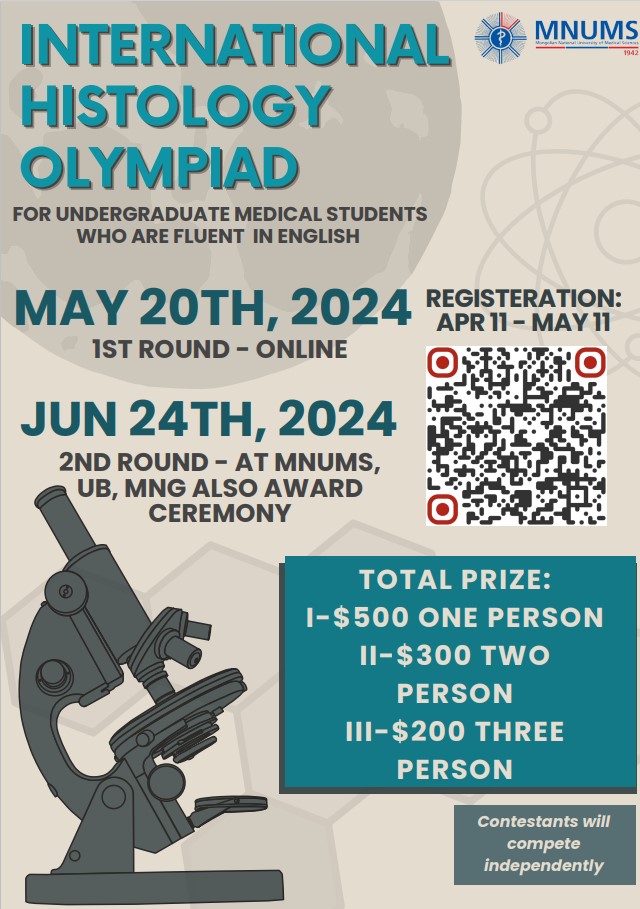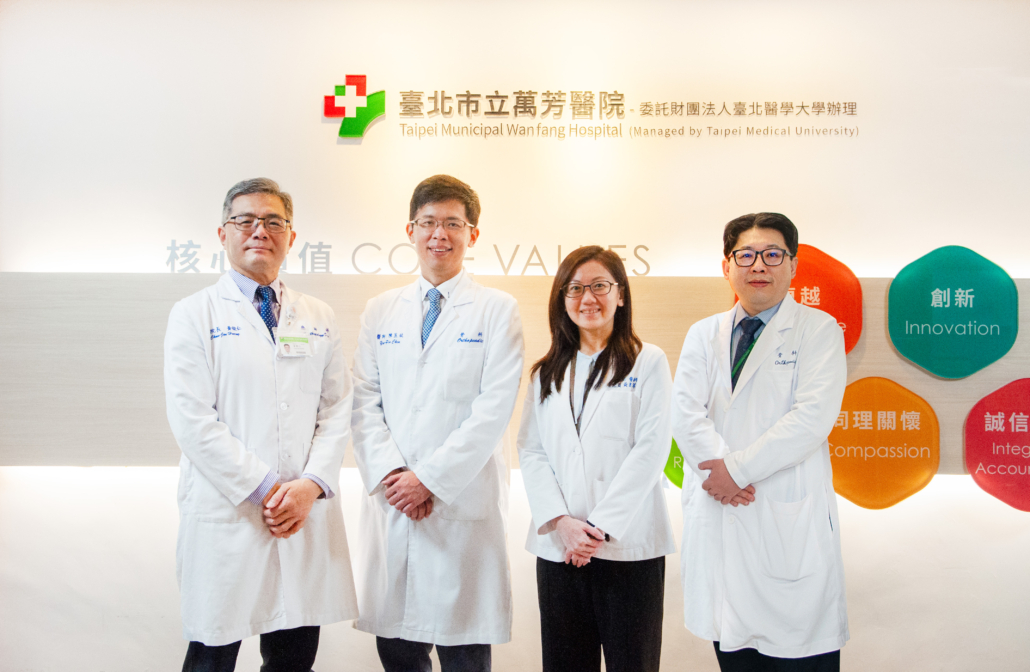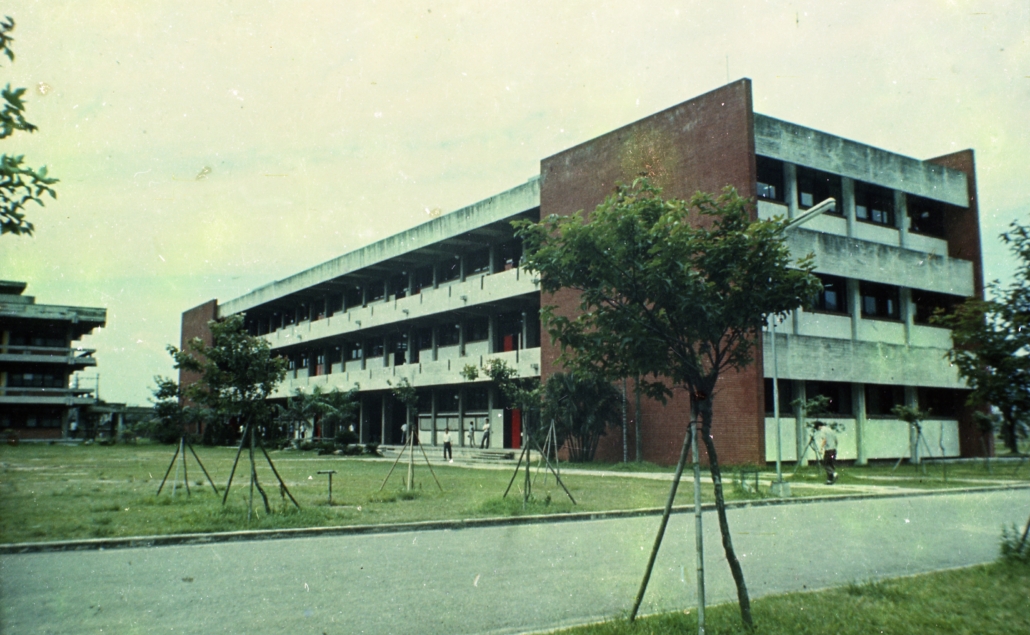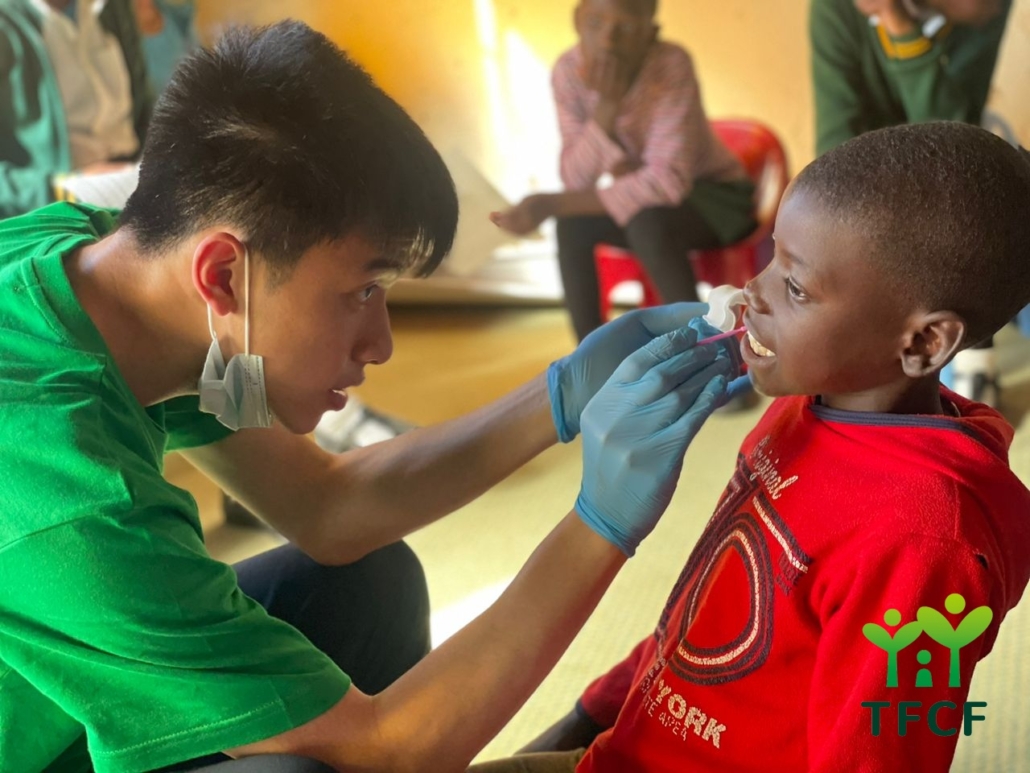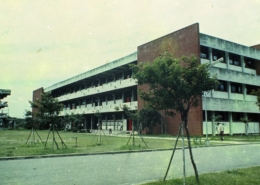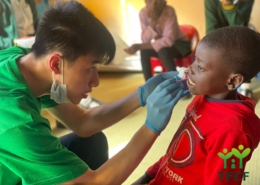Shuang Ho helps Indonesian kidney donor save sister across the sea
Source: Shuang Ho Hospital
Published on 2018-04-25
Ms. Wu, a 37-year-old from Indonesia who had married a Taiwanese in 2000, suffered from end-stage renal disease and uremia. In 2017, she was introduced to Superintendent Mai-Szu Wu of Shuang Ho Hospital for treatment and kidney transplant evaluation.
Ms. Wu, a 37-year-old from Indonesia who had married a Taiwanese in 2000, suffered from end-stage renal disease and uremia. In 2017, she was introduced to Superintendent Mai-Szu Wu of Shuang Ho Hospital for treatment and kidney transplant evaluation.
Ms. Wu said that when she got married in Taiwan, she was puzzled by her thinness. A free kidney screening showed protein in her urine, so after the test she went to the hospital to follow up.
This began her struggle with kidney disease. According to Superintendent Wu, Ms. Wu had vomiting, breathlessness, fatigue, was not able to eat, and felt weak; a kidney transplant would provide better quality of life and long-term recovery.
Kidneys received from live donors have a higher success rate than those from cadavers, so Ms. Wu’s older sister flew to Taiwan for evaluation as a kidney donor.
The surgery was a success, and Ms. Wu was interviewed by the media about her TMU experience.
Did you know? |
| Donating a kidney has become a relatively safe surgical procedure. Shuang Ho Hospital’s clinical experience with laparoscopic surgery means surgical wounds are small, and donors are hospitalized for 6 days before and after the surgery. Without complications, postoperative pain can be easily controlled for a rapid recovery and resumption of normal life.
Kidney transplantation is the only way to safely terminate dialysis treatments. Postoperative dietary restrictions are few, and patients are more likely to return to their work, with a lower cost burden on long-term care. However, they must take immunosuppressive drugs and take tests in regular checkups. The success rate of renal transplantation depends on the kidney source and gene pairing. If it is donated from a healthy relative, the success rate at one to three years after surgery is greater than 90%. (Source: Dr. Hsin-An Chen, Shuang Ho Hospital Surgical Director) |

![Shuang Ho medical team and Ms. Wu]](https://oge.tmu.edu.tw/wp-content/uploads/2018/04/24-1030x424.jpg)
